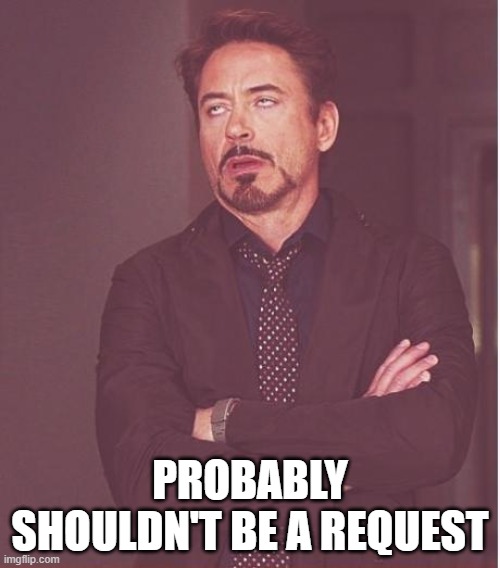I've searched a bit, and for all of the products that are available on the web, from boxes like the Scarlet and the PreSonus to smaller things like the iRig and even some really cheap cables, I am really surprised that I don't see much talk about converting line-level guitar and bass signals to USB. I am building an effects loop box with an XLR out (in addition to 1/4" phono), and I was thinking that it would be cool to have a USB out, as well. How difficult would it be? I imagine it would be some A/D converter, and then a USB codec. But, beyond that, I do not know how to design circuits!
Of course, I'd love to buy a PedalPCB module for such a thing, which is why I am posting this in the Wish List forum. In the meantime, and if I don't get many votes, would any of you be kind enough to point me in the right direction, please?
Of course, I'd love to buy a PedalPCB module for such a thing, which is why I am posting this in the Wish List forum. In the meantime, and if I don't get many votes, would any of you be kind enough to point me in the right direction, please?
Upvote
0

